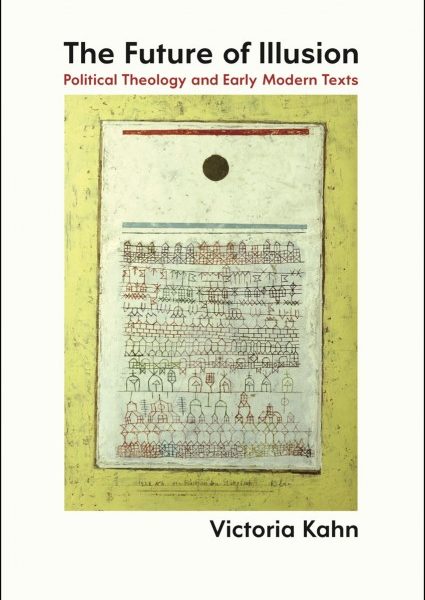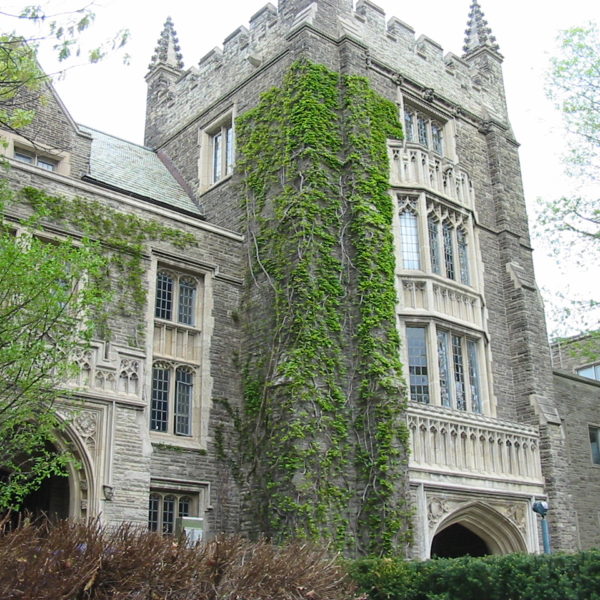
In the academic setting of Religious Studies, developing curricular spaces in which to thematize the relationship of religion and politics is a highly effective way both to engage undergraduate students, and to tap into and develop the research interests of graduate students. Over the past several years, I have developed courses at both levels in this area.
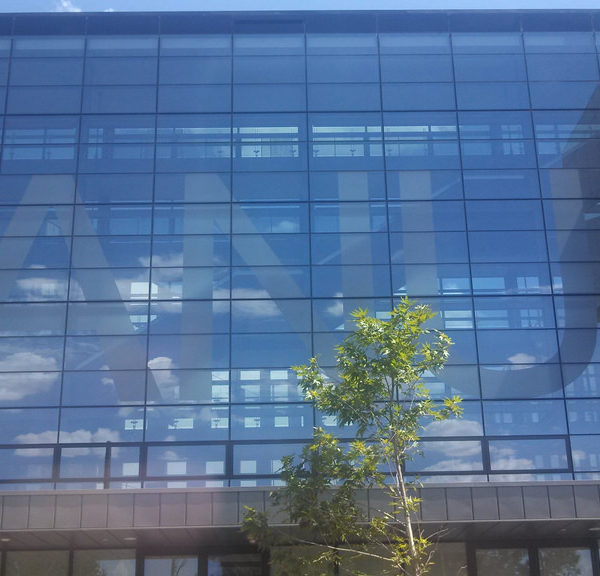
In our social imaginary, love has become the major existential goal of our times, which is capable of providing all of us with a sense of worth and a way of being in the world. . . . In our political imaginary, law has become our highest political ideal. Life with the rule of law marks us out as a civilized nation and people.
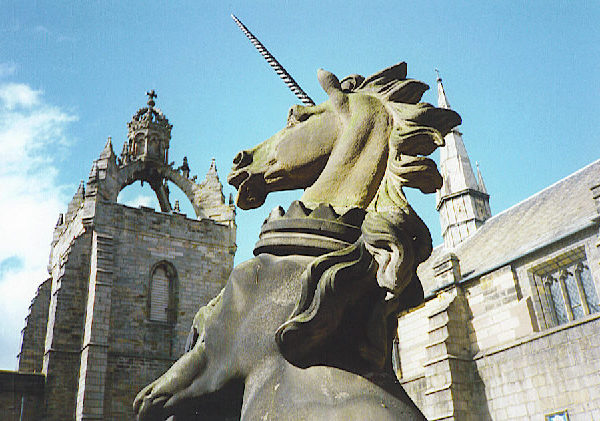
The University of Aberdeen is excited to announce an upcoming conference: “The Freedom of a Christian Ethicist: The Future of a Reformation Legacy.” Featuring Michael Banner, Brian Brock, Stanley Hauerwas, Jennifer Herdt, Paul Martens, Michael Mawson, Gerald McKenny, Rachel Muers, and Hans Ulrich, this promises to be a headline event in the field of Christian ethics this year.
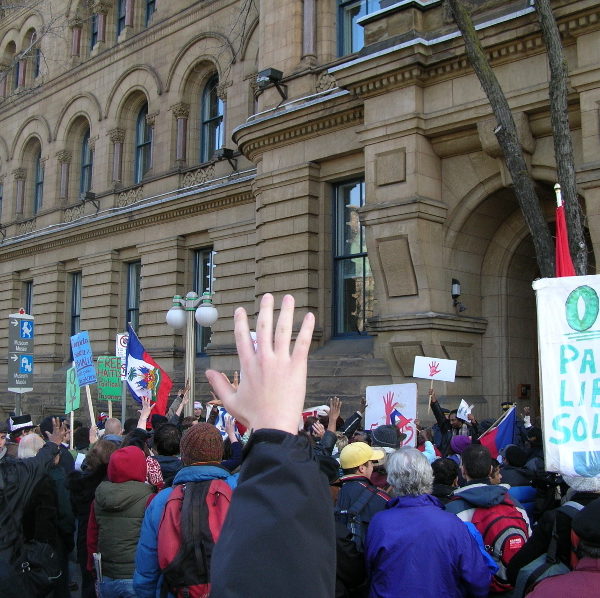
. . . As you can tell from the course description, I even started the course by asking, in effect, “Why are people using this term?” I’m still not sure that I know the answer to that question almost five years later. In teaching the course, the question of the academic worth of the material was at the forefront of discussions during the entire semester. “What was wrong with liberalism again?” was a question that, sometime around week six, took on full zombie status: it would just not die.
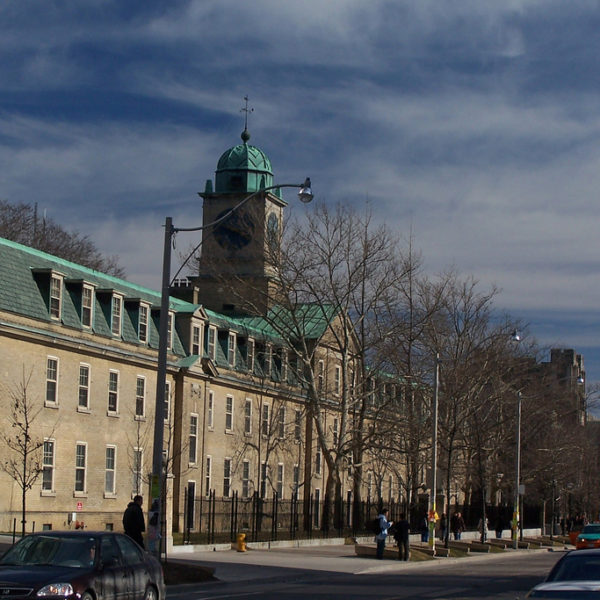
I first taught this graduate seminar in 2008 as a “Topics in Political Thought” course, and called it “Political Theologies” – a political theory seminar, cross-listed with Study of Religion. Part of the motivation for teaching it was finding a set of themes and readings that would work well in a cross disciplinary way, as I’m jointly appointed to both Political Science and Study of Religion.

The John Cabot University Summer Institute for Religion and Global Politics (May 19 – June 20), co-funded by the European Consortium for Political Research (ECPR), offers graduate students a comprehensive introduction to contemporary issues and debates regarding the roles of religious actors, ideas and institutions in democratic political life and international affairs.
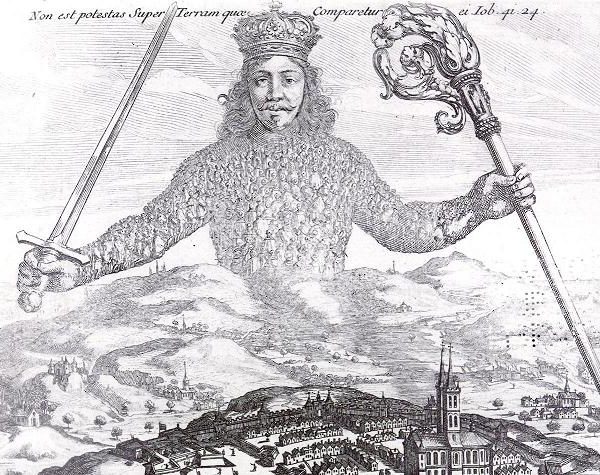
. . . We begin with a first dip into the conceptual issues (the issues of political form, legitimacy, cosmic analogy, acclamations, secularization) by reading the third chapter of Schmitt’s Political Theology. Then we move on to show that grounding “political form” (Schmitt) by embedding it into a cosmic structure has been an issue at least from the Hellenistic period (if not before).
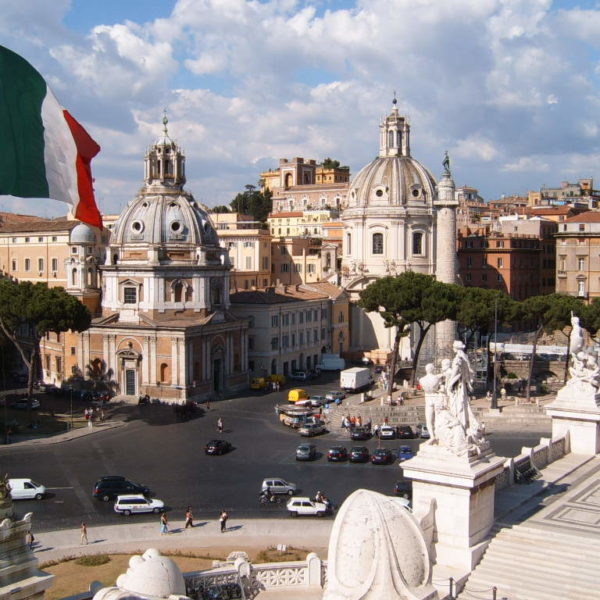
This May, two exciting conferences on political-theological themes have been organized to take place in Rome back-to-back. The first, “Economic Theology/Theological Economics” is taking place at Lumsa University in Rome, May 20-21.
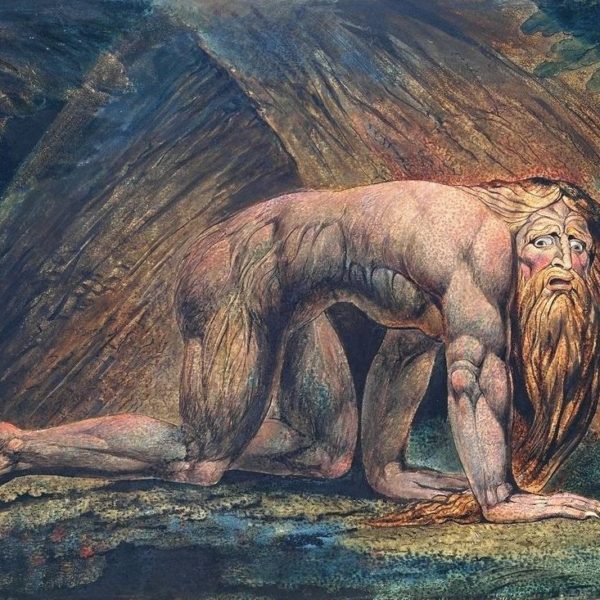
The first goal was to open up how students “read” a text, which in turn means opening up how they understand both “scripture” and religion. In that regard I consider myself a Blakean – I read the texts as poetry, most of all, but reified into “theology” and law by “priestly” types, so that, to experience those texts again we must go behind how catechisms have taught us to read them.
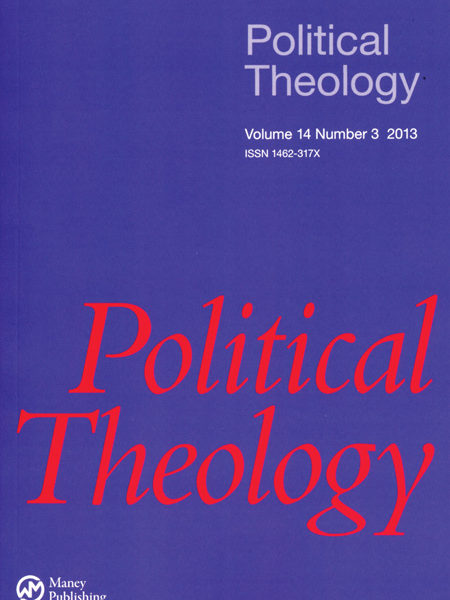
This issue of Political Theology focuses on the theme of “religion and radicalism.” It is one of the fruits of an international research network of the same name, a network that has members from nearly every inhabited continent on the globe.
